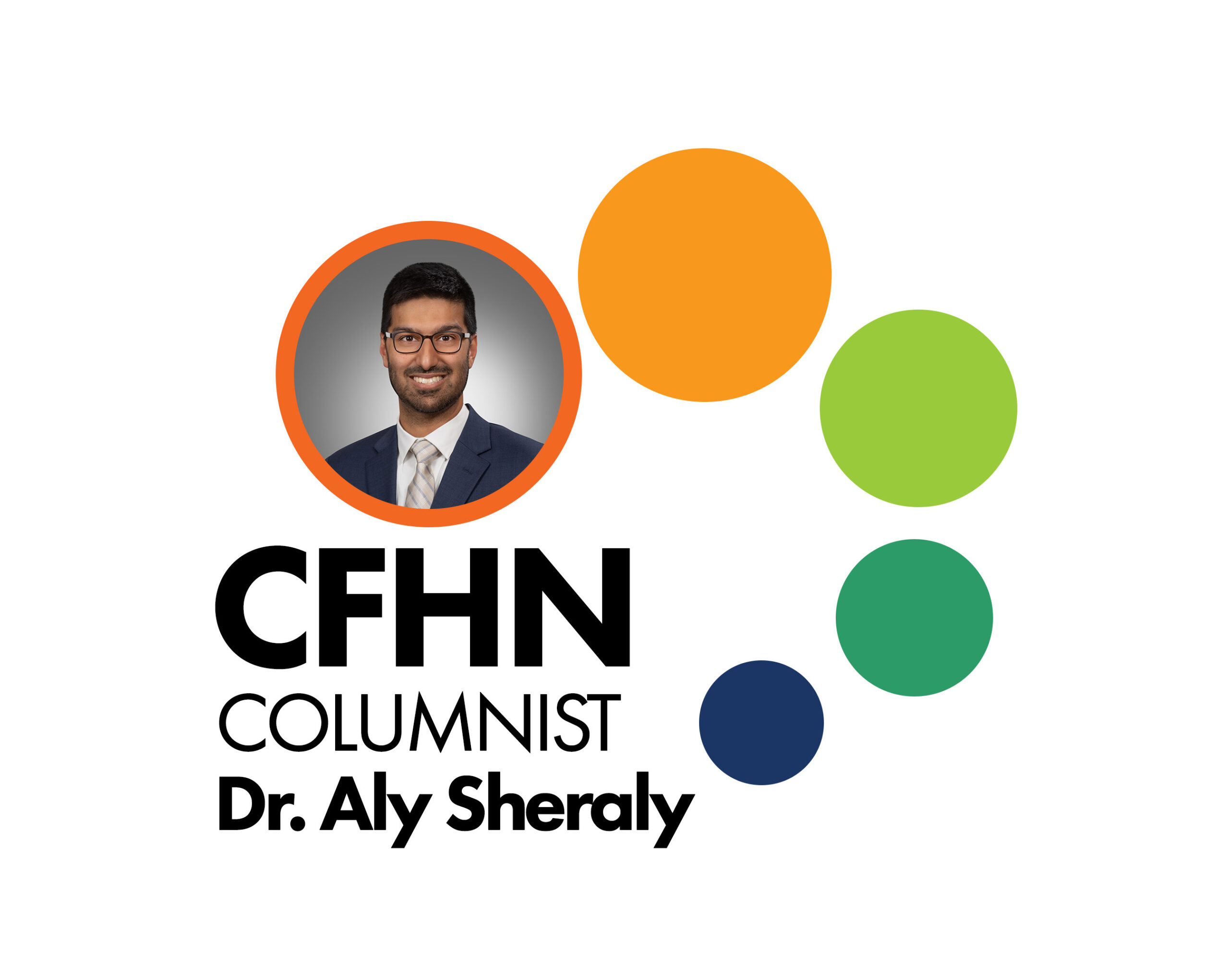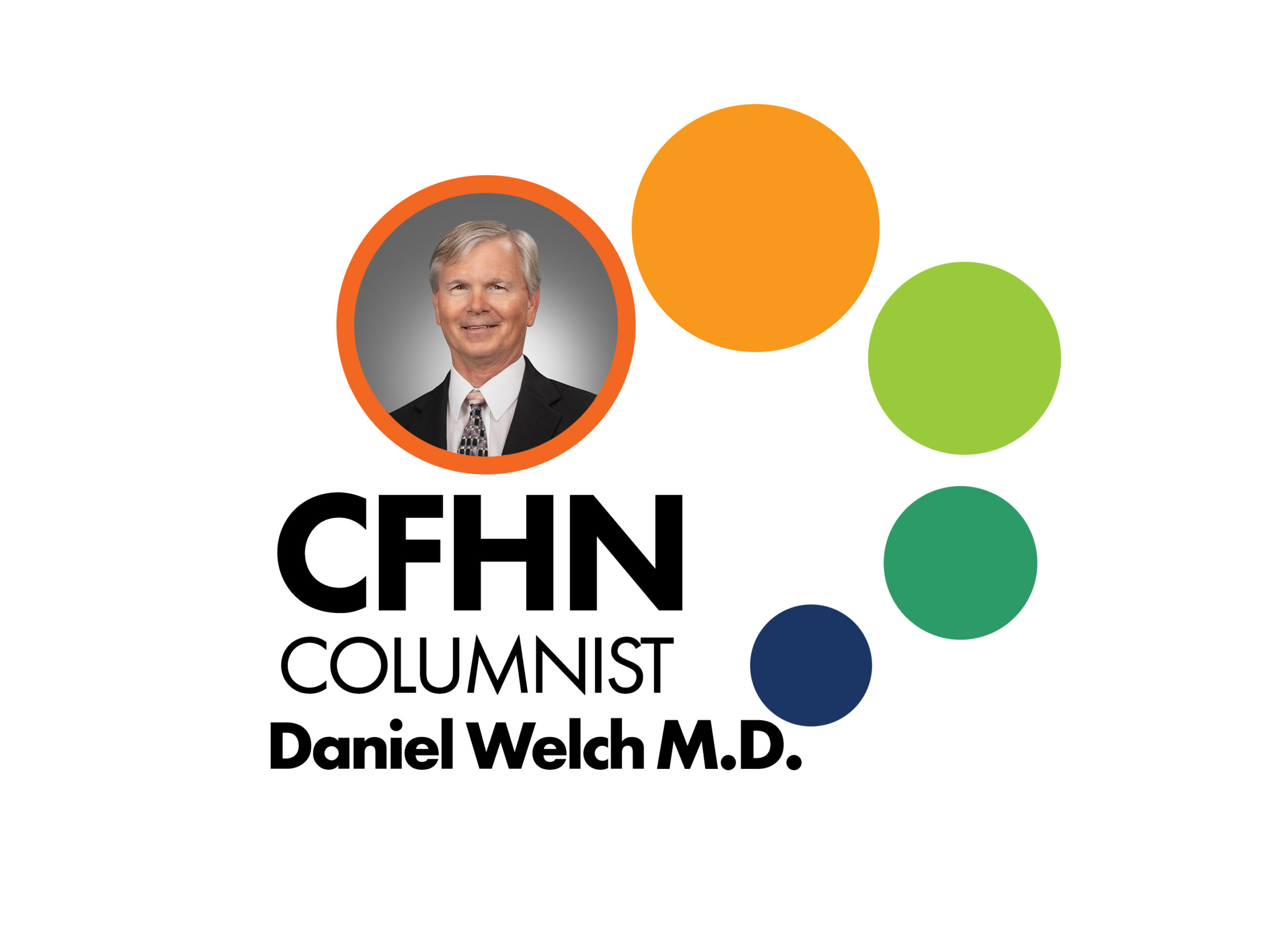
Health News
Features
-
Antibiotics: Fact vs. fiction
Modern Wonder Drugs Not a Cure-All Since it was used in World War II, penicillin has saved countless lives. The use of antibiotics has grown— to the point where it’s become a medical standby. But antibiotics can be overused. Our bodies contain bacteria, or “normal bacterial flora” on the skin and other places. “By exposing…
-
Pop Quiz: Is work-related stress affecting your health?
Find out where strain at work may lurk and if the stress is helping or hindering your well-being. We’ve all heard before that jobs can be stressful, but could your regular nine-to- five responsibilities be causing you just sleepless nights or putting you on the fast track to a heart attack? Learn more about job…
-
Creative ways to say ‘thank you’ to the family caregiver
Chances are, you know someone who is a family caregiver even if you aren’t one yourself. According to the Caregiver Action Network (CAN), 90 million adults— two out of every five in the entire country— are responsible for the bulk of a family member’s care. November is National Family Caregivers Month, and this year is…
Columns
-
Glaucoma and Dry Eyes
Eye doctors are excited this year with 2021 rolling in. It’s an excellent opportunity for us to shine some light on eye care topics that we would like to highlight. January is Glaucoma Awareness Month. Over 2 million Americans are affected by glaucoma. With proper treatment, the vast majority will not go blind from…
-
Understanding Cataract Surgery
Cataracts are the most treatable form of blindness worldwide. Millions of cataract surgeries are performed each year, restoring patients to functional visual status. Cataract surgery was once the most common surgical procedure performed in the United States until about 6-11 years ago when intraocular anti-VEGF injections were developed to treat macular degeneration. This has…
-
Treatments That Help Lower Cholesterol
Last month I discussed the role of lipids in atherosclerosis. This month, I’ll talk about treatment. For patients at high risk or those who have had a cardiovascular event (prior heart attack, stroke, stent, bypass, etc.), pharmacological treatment may be needed. Cholesterol production and accumulation in the body involves three processes. First, intake from food…





